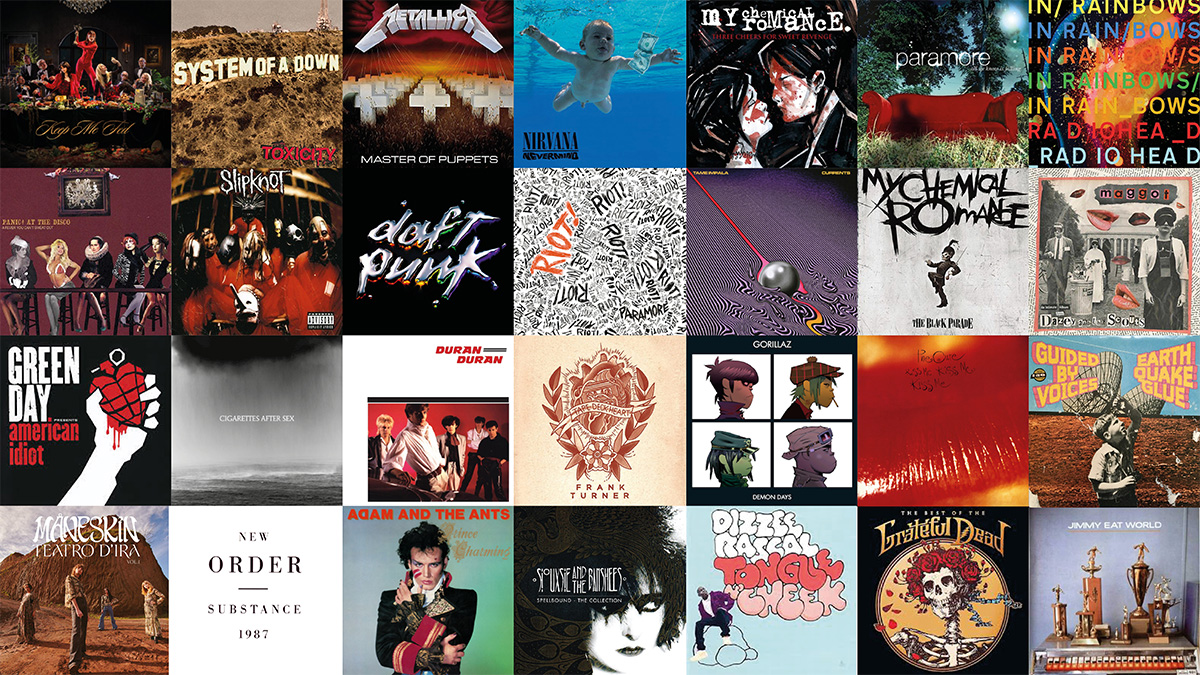When thinking about your marketing strategy, it’s essential to consider different approaches. If you’re here, you’re likely considering direct marketing! So, what is direct marketing? Direct marketing isn’t a new concept, but how it is carried out has changed.
We’ve all experienced attempts at cold calling. It is often unsuccessful and annoying. The favoured platforms are now online, using direct email campaigns and social media to boost the sales pipelines. Direct marketing is successful because it focuses on personalised advertising for your target audience. It provides better analytics and is an excellent return on investment compared to traditional advertising outputs.
Not that traditional practices are without their merits. However, email promoting products or services are more likely to influence your customers. Ultimately, you’re taking all the information they need directly to their inboxes. Through carefully crafted call-to-actions and encouraging them to visit your website by including links, you can promote your ideal user journey. Direct marketing lets you fill your sales funnel with new potential customers by immediately informing them of your products or services.
Email campaigns
It’s the digital age; most clientele can have an email address and would instead use an email over a phone call. Email sending is much more convenient than calling at inappropriate times in your potential customer’s working day. With an email, clientele can read and reply in their own time, and a benefit for you is that you can gauge results and gather quantitative data, measuring click-through, open and reply rates.
Direct marketing is probably the best option if you’re a smaller company or generally have a small marketing budget. The fact that direct marketing is targeted to a specific audience can help you set realistic sales goals based on your chosen expenditure. Media advertising can work well for those with bigger budgets; look at Coca-Cola and McDonald’s, but they spend millions on advertising each year. These companies have a solid history of branding and a seemingly endless cash resource to further their business. Smaller SMEs often do not have this.
Marketing aims to make sales by putting you and your product before your target audience. Most customers welcome contact from familiar business people who try to understand their needs. It also allows you to re-establish relationships with customers who haven’t returned to your business. We are sure we won’t need to remind you that retaining a customer costs much cheaper than gaining new ones…
How can automation help?
Automation is a crucial feature of direct marketing; this means that one person can deal with multiple clients making this approach, again, very cost-effective. Automation through emails allows the marketer to send predesigned emails that are personalised and purposeful emails to specific lists of interested parties, resulting in a connection. An excellent example of this is often seen by fan clubs sending personalised cards to their groups on birthdays.
Automation will allow you to make a personal connection with customers and has been shown to increase customer loyalty. But what’s more beneficial to you is that automation in direct marketing can free up a lot of time. Using systems to create and manage client lists automatically will mean spending less time on tedious admin duties so that you can get back to the real business of closing sales.
Please get in touch with us if you want more information or help with direct marketing.
When thinking about your marketing strategy, it’s essential to consider different approaches. If you’re here, you’re likely considering direct marketing! So, what is direct marketing? Direct marketing isn’t a new concept, but how it is carried out has changed.
We’ve all experienced attempts at cold calling. It is often unsuccessful and annoying. The favoured platforms are now online, using direct email campaigns and social media to boost the sales pipelines. Direct marketing is successful because it focuses on personalised advertising for your target audience. It provides better analytics and is an excellent return on investment compared to traditional advertising outputs.
Not that traditional practices are without their merits. However, email promoting products or services are more likely to influence your customers. Ultimately, you’re taking all the information they need directly to their inboxes. Through carefully crafted call-to-actions and encouraging them to visit your website by including links, you can promote your ideal user journey. Direct marketing lets you fill your sales funnel with new potential customers by immediately informing them of your products or services.
Email campaigns
It’s the digital age; most clientele can have an email address and would instead use an email over a phone call. Email sending is much more convenient than calling at inappropriate times in your potential customer’s working day. With an email, clientele can read and reply in their own time, and a benefit for you is that you can gauge results and gather quantitative data, measuring click-through, open and reply rates.
Direct marketing is probably the best option if you’re a smaller company or generally have a small marketing budget. The fact that direct marketing is targeted to a specific audience can help you set realistic sales goals based on your chosen expenditure. Media advertising can work well for those with bigger budgets; look at Coca-Cola and McDonald’s, but they spend millions on advertising each year. These companies have a solid history of branding and a seemingly endless cash resource to further their business. Smaller SMEs often do not have this.
Marketing aims to make sales by putting you and your product before your target audience. Most customers welcome contact from familiar business people who try to understand their needs. It also allows you to re-establish relationships with customers who haven’t returned to your business. We are sure we won’t need to remind you that retaining a customer costs much cheaper than gaining new ones…
How can automation help?
Automation is a crucial feature of direct marketing; this means that one person can deal with multiple clients making this approach, again, very cost-effective. Automation through emails allows the marketer to send predesigned emails that are personalised and purposeful emails to specific lists of interested parties, resulting in a connection. An excellent example of this is often seen by fan clubs sending personalised cards to their groups on birthdays.
Automation will allow you to make a personal connection with customers and has been shown to increase customer loyalty. But what’s more beneficial to you is that automation in direct marketing can free up a lot of time. Using systems to create and manage client lists automatically will mean spending less time on tedious admin duties so that you can get back to the real business of closing sales.
Please get in touch with us if you want more information or help with direct marketing.




